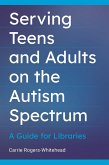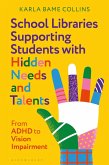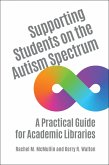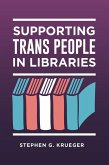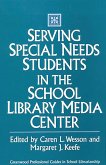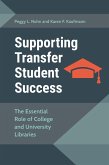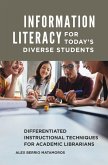This book will be invaluable for those in the academic library who want to understand how best to serve students on the autism spectrum and how those students can contribute to the library.
As a large number of students on the autism spectrum come of age and enter college, increased awareness of autism spectrum disorder is necessary among those who work in academic libraries so that they can respond to and meet the unique needs of these students.
This book fills a scholarship gap while serving as a practical resource for working with the neurodivergent student population in academic libraries. McMullin and Walton explain issues that are likely to arise when interacting with students on the autism spectrum and offer practical solutions for handling them. They discuss how to work with neurodiverse students in different contexts, including at service points, in the classroom, as employees, and through outreach programs. They highlight possible concerns about the physical environment of the library and demonstrate ways that the library can be an especially positive place for students with ASD. Personal anecdotes from students with autism as well as library faculty and staff round out this valuable work.
As a large number of students on the autism spectrum come of age and enter college, increased awareness of autism spectrum disorder is necessary among those who work in academic libraries so that they can respond to and meet the unique needs of these students.
This book fills a scholarship gap while serving as a practical resource for working with the neurodivergent student population in academic libraries. McMullin and Walton explain issues that are likely to arise when interacting with students on the autism spectrum and offer practical solutions for handling them. They discuss how to work with neurodiverse students in different contexts, including at service points, in the classroom, as employees, and through outreach programs. They highlight possible concerns about the physical environment of the library and demonstrate ways that the library can be an especially positive place for students with ASD. Personal anecdotes from students with autism as well as library faculty and staff round out this valuable work.



